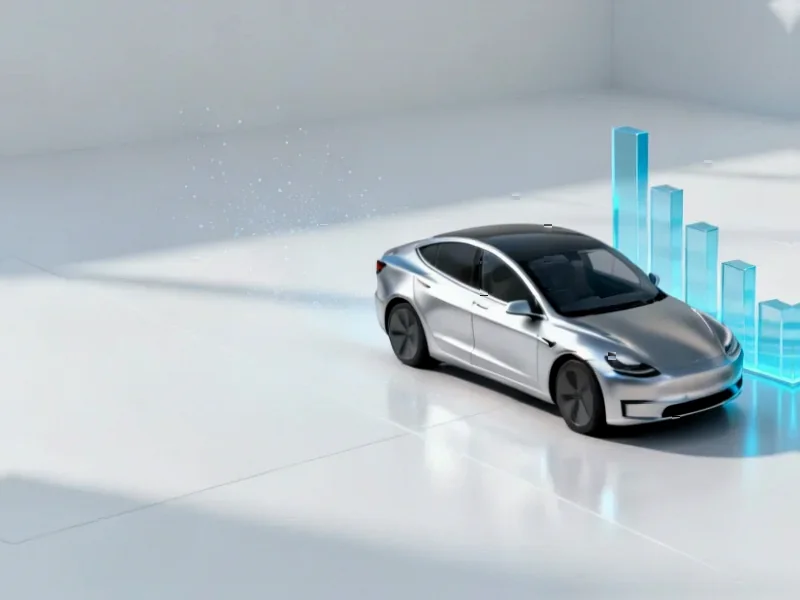According to Forbes, Norway’s Government Pension Fund Global, which holds a 1.14% stake in Tesla valued at approximately $11.7 billion as of June, announced it will vote against Elon Musk’s proposed $1 trillion compensation package. This marks the second time in 2024 the fund has opposed Musk’s pay, having previously voted against his $56 billion award earlier this year. The fund’s management stated its position remains “consistent” with its opposition to the same award in 2018, citing concerns about “the total size of the award, the structure given performance triggers, dilution, and lack of mitigation of key person risk.” Following the announcement, Tesla’s share price dropped 2.61% to $456.18 in premarket trading. This development signals growing institutional resistance to Musk’s compensation structure.
The Rise of Sovereign Wealth Governance
Norway’s $1.6 trillion sovereign wealth fund has evolved from a passive investor to an active governance participant, using its substantial holdings to influence corporate decision-making worldwide. The fund’s voting records show a pattern of challenging excessive executive compensation across multiple industries, not just at Tesla. What makes this particularly significant is that sovereign wealth funds operate with different time horizons and accountability frameworks than traditional asset managers. They’re answerable to their national populations rather than quarterly earnings calls, allowing them to take longer-term positions on governance issues that might be overlooked by hedge funds or mutual funds focused on short-term performance.
Tesla’s Governance Under Microscope
The repeated objections from one of Tesla’s largest institutional shareholders highlight fundamental governance concerns that extend beyond compensation figures. The “key person risk” mentioned by the Norwegian fund represents a critical vulnerability for Tesla—the company’s valuation remains heavily dependent on Musk’s leadership and public persona. This creates a paradox where the very executive talent driving innovation becomes a systemic risk if that talent becomes unavailable or distracted by other ventures. The fund’s consistent opposition since 2018 suggests these governance issues haven’t been adequately addressed despite Tesla’s dramatic growth and stock performance during that period.
Broader Market Implications
This vote could trigger a cascade effect among other institutional investors who may have been hesitant to challenge Musk’s compensation packages individually. The Norwegian fund’s public stance provides cover for smaller funds to express similar concerns without fear of standing alone. We’re seeing a potential shift in how major investors approach founder-led companies, where previously exceptional performance might have justified governance exceptions. The fund’s voting history shows this isn’t an isolated incident but part of a broader pattern of asserting governance standards even at high-performing companies. As environmental and social governance (ESG) considerations become more mainstream, compensation structures are increasingly viewed through the lens of long-term sustainability rather than just immediate shareholder returns.
The Institutional Investor’s Dilemma
Major shareholders like the Norwegian fund face a complex balancing act—they want to retain the innovative drive that Musk brings to Tesla while ensuring proper governance safeguards. The 2.61% stock drop following their announcement demonstrates the immediate market sensitivity to these governance disputes. For passive index funds that must hold Tesla regardless of governance concerns, voting becomes their primary mechanism for influence. This creates tension between supporting a successful CEO and maintaining governance principles that protect against concentration risk. The outcome of this vote could set precedents for how other technology companies structure compensation for visionary founders who have become synonymous with their companies’ identities.




